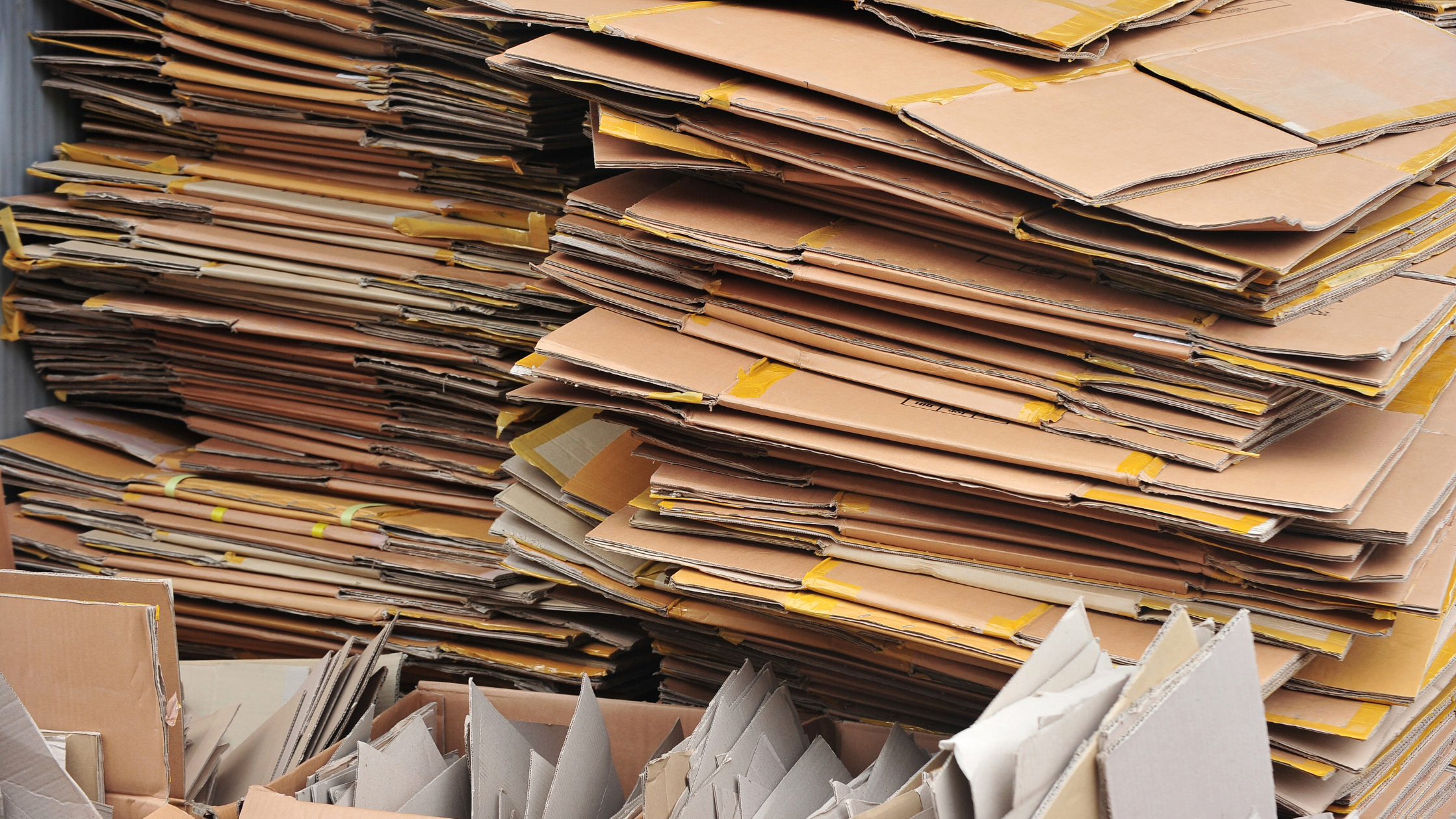As technology continues to advance, the world is becoming increasingly digitised. From communication to entertainment, the way we interact with the world is changing rapidly. One area that has seen significant change is how we consume information. With the rise of digital technology, paper wastage has become a major environmental concern. In this article, we explore the various digital alternatives to paper consumption and their impact on the environment.
Why Go Paperless?
There are many compelling reasons to embrace digital alternatives of paper consumption. Here are just a few:

The Problem With Paper
Paper production requires large amounts of water, energy, and raw materials, making it a significant contributor to deforestation and greenhouse gas emissions. In addition, the disposal of paper products often leads to pollution and waste.
The Benefits Of Going Digital
By switching to digital alternatives, we can significantly reduce the negative impact on the environment. Digital alternatives use less energy and resources, and often have a lower carbon footprint than paper products. In addition, digital documents can be easily shared and stored without the need for physical copies.
Cost Savings
By reducing our reliance on paper, we can save money on printing, copying, and storage costs. For businesses, this can result in significant savings over time, while for individuals, it can help to reduce household expenses.
Increased Efficiency
Digital systems can be faster and more efficient than paper-based systems. For example, digital records can be searched, sorted and shared much more easily than physical records, saving time and reducing the risk of errors.
Improved Collaboration
Digital alternatives of paper consumption can also help to improve collaboration and teamwork. For example, online document sharing and real-time editing tools allow multiple users to work on the same document simultaneously, regardless of their physical location.
Digital Alternatives to Paper Consumption

Electronic Documents
E-documents can replace a variety of paper documents, such as forms, contracts, and invoices. Electronic documents can be signed electronically and stored digitally.
E-Books
E-books are a popular digital alternative to physical books. They can be read on various devices such as smartphones, tablets, and e-readers, and offer a convenient and eco-friendly way to read. E-books require no physical storage space, eliminating the need for paper and ink. They can be easily shared, borrowed, and purchased online, reducing the need for transportation and shipping.
Digital Document Management
Digital document management software allows organisations to create, store, and manage documents electronically. This eliminates the need for physical documents and reduces paper consumption. Document management software can also increase efficiency, productivity, and collaboration among team members.
Online Forms and Applications
Online forms and applications are an eco-friendly alternative to paper forms. They can be filled out and submitted online, eliminating the need for paper and postage. Online forms and applications can also reduce the time and cost associated with processing paper forms.
Online Payments
Implementing online payments are a great way to reduce paper consumption by eliminating the need to print and mail paper invoices.
Paperless Office
A paperless office eliminates the need for physical documents and allows businesses to store, access, and share documents electronically.
The Future Of Digital Alternatives

The Growing Trend
As technology continues to evolve, digital alternatives are becoming more prevalent in our daily lives. From online shopping to virtual meetings, the digital revolution is changing the way we interact with the world.
The Challenges Ahead
Despite the benefits of digital alternatives, there are still challenges to be addressed. For example, the reliance on electronic devices requires a significant amount of energy and resources. There is also the issue of digital waste, as obsolete devices and hardware can lead to electronic waste.
Conclusion
The digital revolution has brought about a wide range of alternatives to traditional paper consumption. By embracing these digital alternatives, we can significantly reduce our environmental impact and move towards a more sustainable future. While there are still challenges to be addressed, the rewards of reducing our reliance on paper are clear.
E-books, digital document management, and online forms are just a few examples of the many ways in which we can reduce paper consumption. By doing so, we can conserve resources, reduce waste, and mitigate the negative impact on the environment. The trend towards digital alternatives is only set to grow, and it is important that we continue to innovate and explore new ways to reduce our environmental impact. Ultimately, by embracing digital alternatives, we can create a more sustainable future for generations to come.
Frequently Asked Questions
Are digital alternatives more expensive than paper products?
While there may be upfront costs associated with switching to digital alternatives, in the long run they can be more cost-effective. Digital alternatives require less maintenance and can be easily shared and stored, reducing the need for physical storage space.
Is it necessary to completely eliminate paper consumption?
While it may be difficult to completely eliminate paper consumption, reducing it can have a significant impact on the environment. By switching to digital alternatives, we can significantly reduce our carbon footprint and contribute to a greener future.




